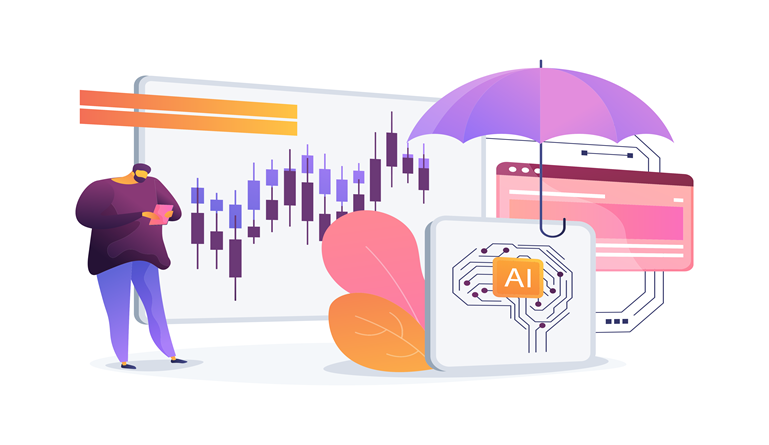How a company manages its finances says a lot about a business. It’s also one of the most important places to focus attention and devote resources. Healthy financials mean that a business can invest in technology that makes them competitive, the employees to help support the company objectives, and help a company stay out of debt and stay profitable.
Getting a handle on a business’s finances and understanding the whole financial picture starts with the right enterprise accounting software.
How to find the best accounting solution for your company.
Small and medium-sized businesses might have slightly different accounting needs than larger-scale enterprises – the volume of business may be less and the department or individuals handling accounting and finance might be a smaller team. Some popular accounting programs are set up to handle the needs of larger businesses and smaller businesses who use these software solutions might find that they’re paying for a lot more than they need. That’s why many software companies focus on developing resources for small and medium-sized companies.
The best accounting software solution for your small to medium-sized business
Here is a roundup of best accounting software for a medium-sized business.
1. FreshBooks
Users hail FreshBooks’ intuitive interface and ease of use. It offers invoicing features, expense tracking, time tracking, and a payment option for accounts receivable needs. It’s been hailed as a great solution for all kinds of small businesses, from small accounting firms and freelance artists to online vendors.
2. Zoho Books
This cloud-based software solution was built for small and medium-sized businesses. It helps businesses better manage their finances and prepare for tax filings. It’s also a good tool for helping departments communicate expenses more effectively to the accounting team. Zoho Books offers several different pricing tiers with additional options, which is perfect for businesses who may need to scale up in the future.
3. Free Agent
Free Agent is used by over 60,000 businesses and is used to track all aspects of a business’s finances, including payroll operations, business expenses, estimates and invoices, bank transaction, cash flows, taxes, time tracking, and overall financial performance. It easily links to a company’s bank accounts and gives an easily accessible overview of business finance features such as income, expenses, profitability, and both accounts payable and receivable.
4. Quickbooks Enterprise
Quickbooks Enterprise is the professional version of this well-known accounting software. This professional-grade software is perfect for growing businesses and can be customized for certain industries, including contracting, manufacturing and wholesale, non-profit, retail, professional services, and accounting. It also allows for management of inventory, pricing, and reporting so businesses can manage financial pieces and pull financial data from the same program that manages their accounting processes.
5. Brightpearl
Brightpearl is a software system similar to Freshbooks in terms of ease of use, but more geared towards retail operations. It helps you easily integrate retail functions such as batch processing, CRM, quoting, POS suite, and order management and is mobile-optimized for busy small and medium-sized business managers on the go.
Many software systems companies, including FreshBooks and Zoho Books, will let you test drive their accounting platform for free (usually on a 30-day trial basis). This can be one easy way to decide if their solution is a good fit. But one of the most important things a business manager or accounting professional needs to do when deciding on an accounting software is to ask questions – ask questions of fellow small business owners about their experience with their accounting programs and ask the consultants at the software company so you know that whatever program you select will be able to easily handle all of your accounting needs and even scale up should your business continue to grow.




